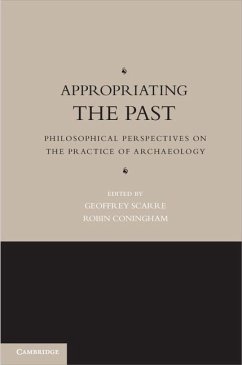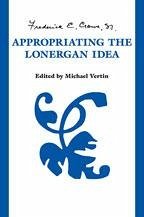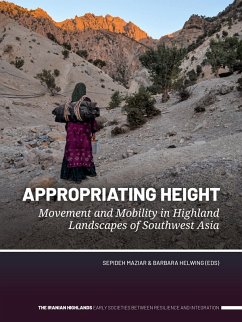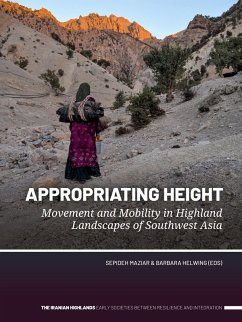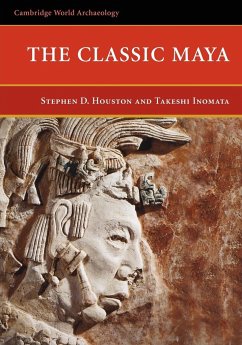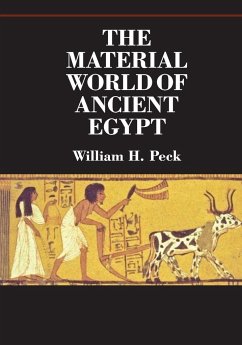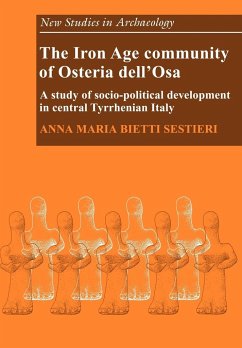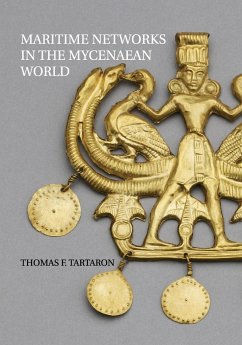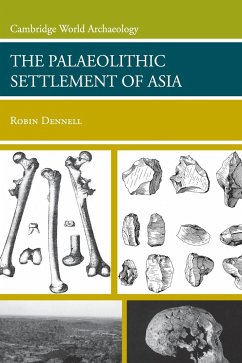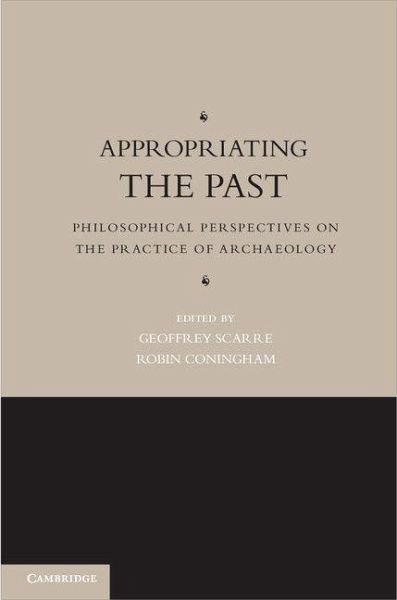
Appropriating the Past
Versandkostenfrei!
Versandfertig in 1-2 Wochen
38,99 €
inkl. MwSt.

PAYBACK Punkte
19 °P sammeln!
In this book an international team of archaeologists, philosophers, lawyers and heritage professionals addresses significant ethical questions about the rights to access, manage and interpret the material remains of the past. The chapters explore competing claims to interpret and appropriate the past and the major ethical issues associated with them, including handling the sacred; contested rights over sites, antiquities and artifacts; the involvement of local communities in archaeological research; and the legal status of heritage sites. The book covers a range of hotly debated topics in cont...
In this book an international team of archaeologists, philosophers, lawyers and heritage professionals addresses significant ethical questions about the rights to access, manage and interpret the material remains of the past. The chapters explore competing claims to interpret and appropriate the past and the major ethical issues associated with them, including handling the sacred; contested rights over sites, antiquities and artifacts; the involvement of local communities in archaeological research; and the legal status of heritage sites. The book covers a range of hotly debated topics in contemporary archaeological practice, focusing particularly on the relationship between academic archaeologists and indigenous communities for whom the material remnants of the past that form the archaeological record may be part of a living tradition and anchors of social identity.





